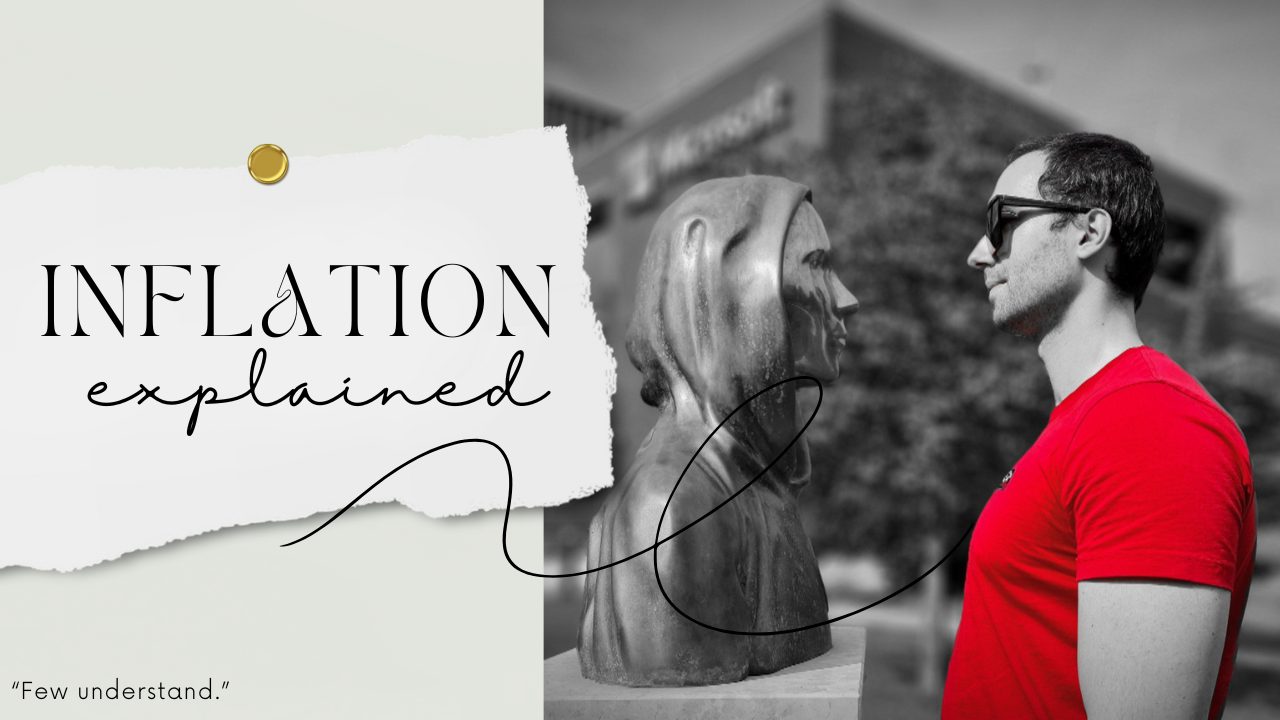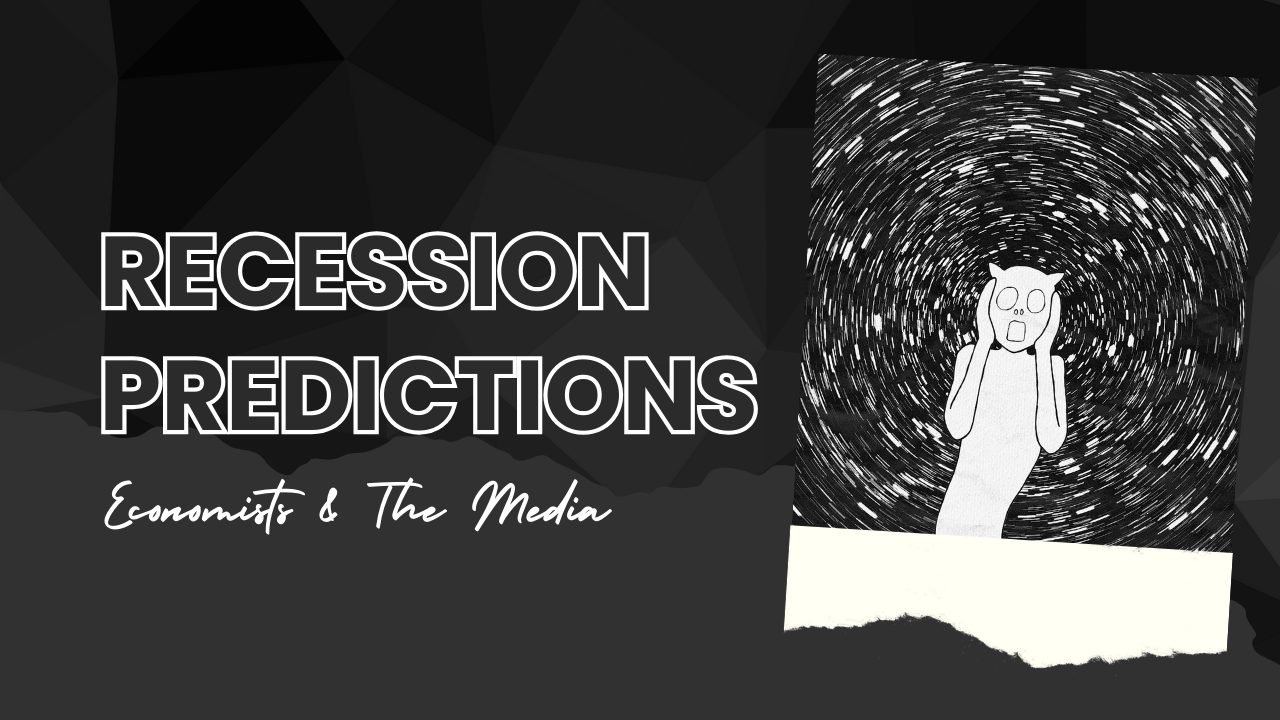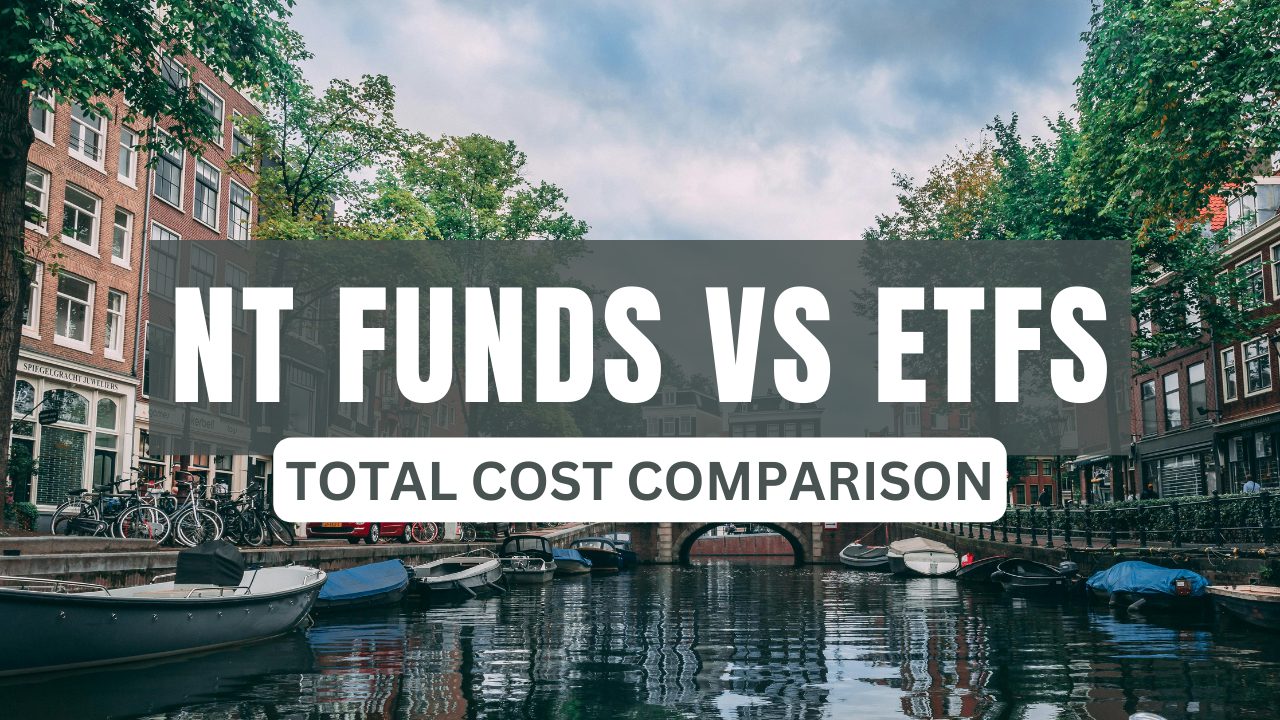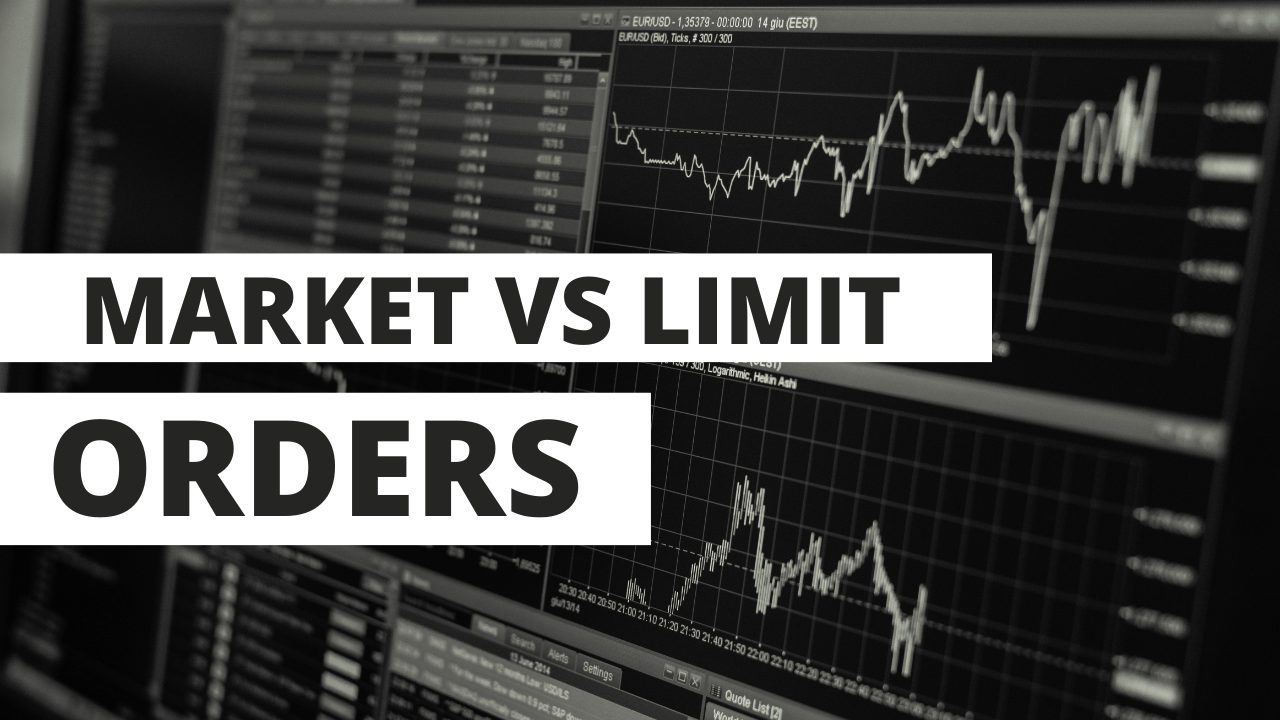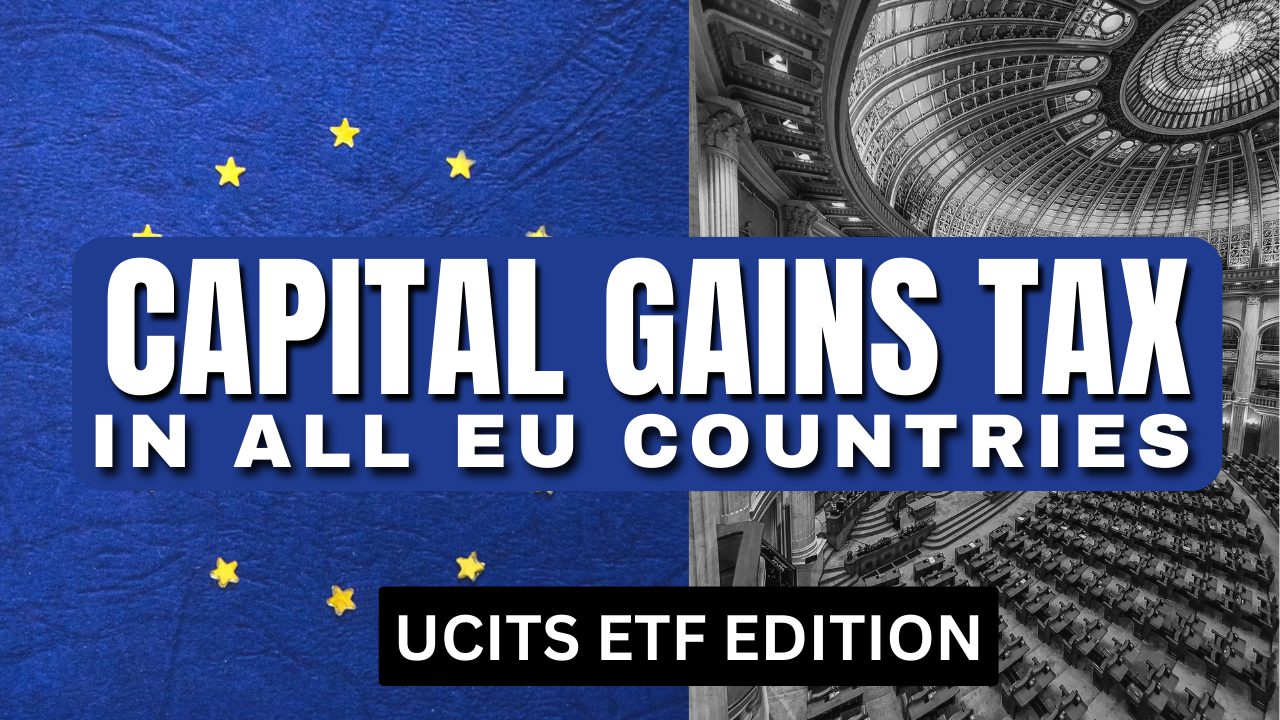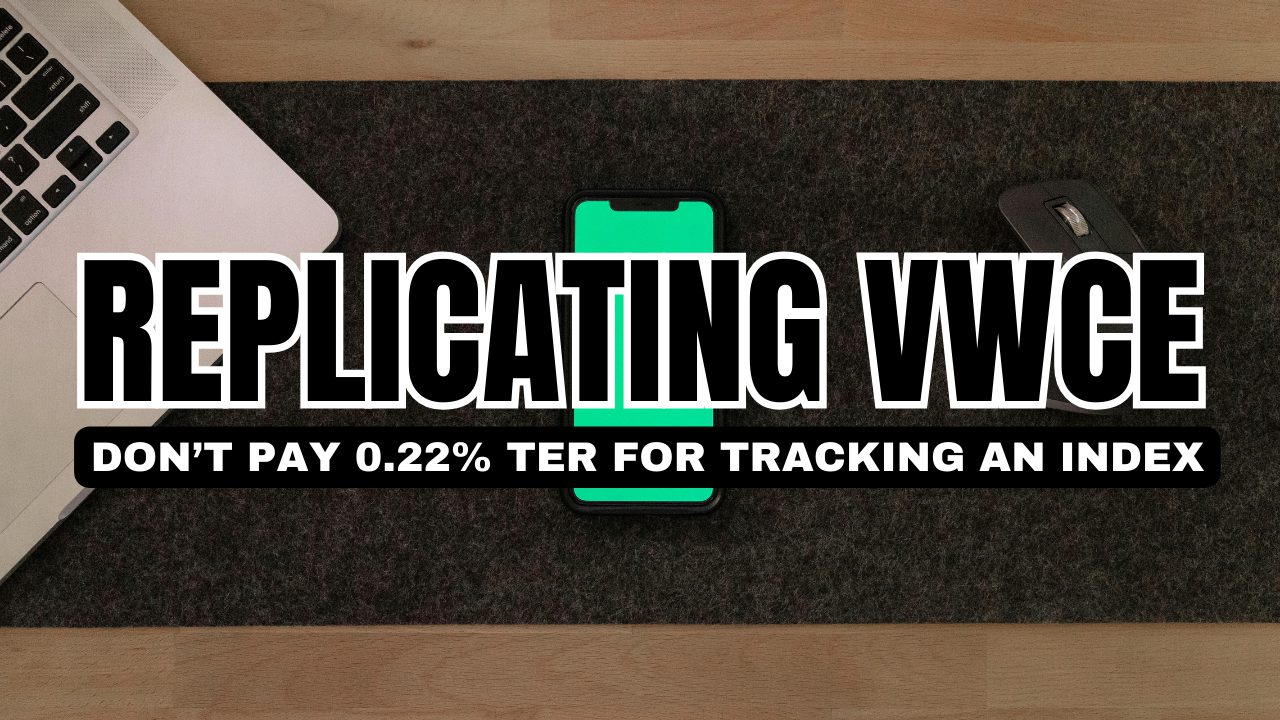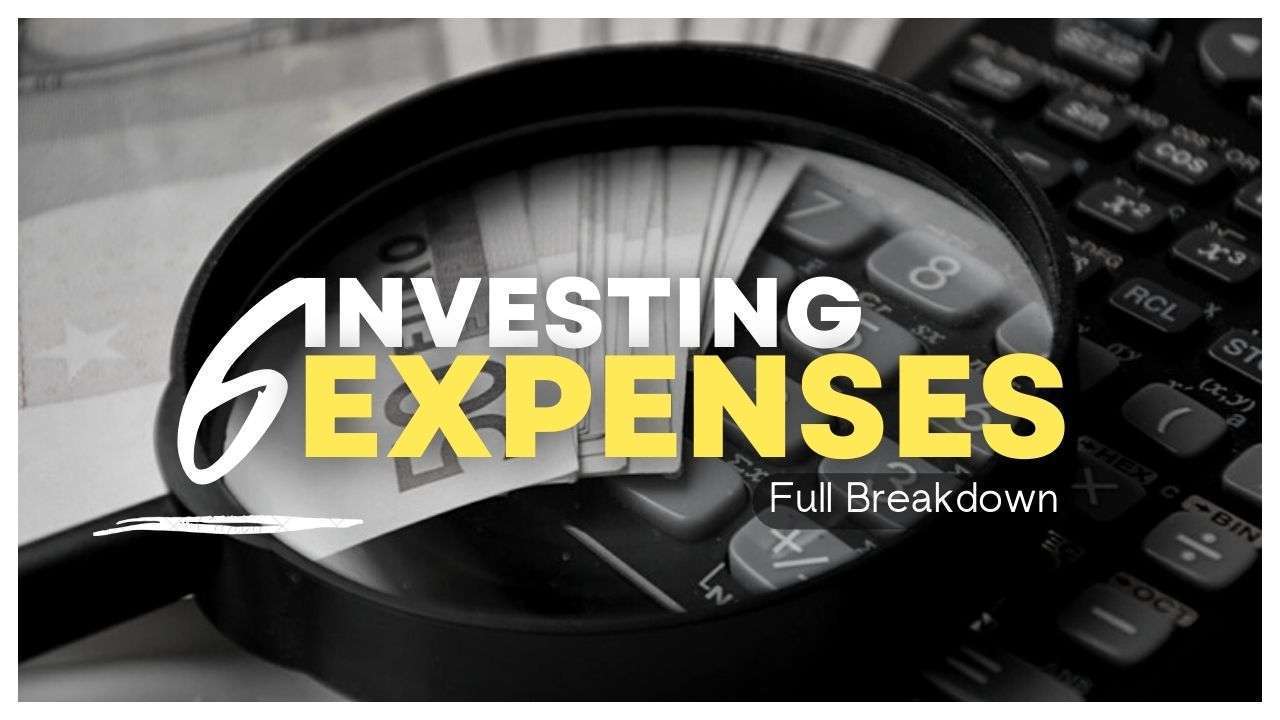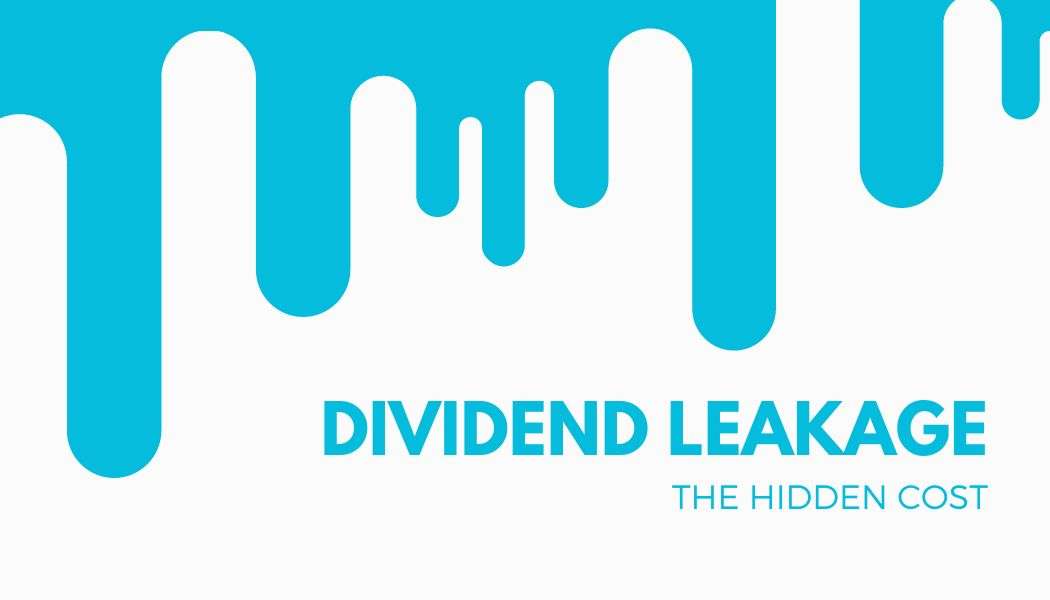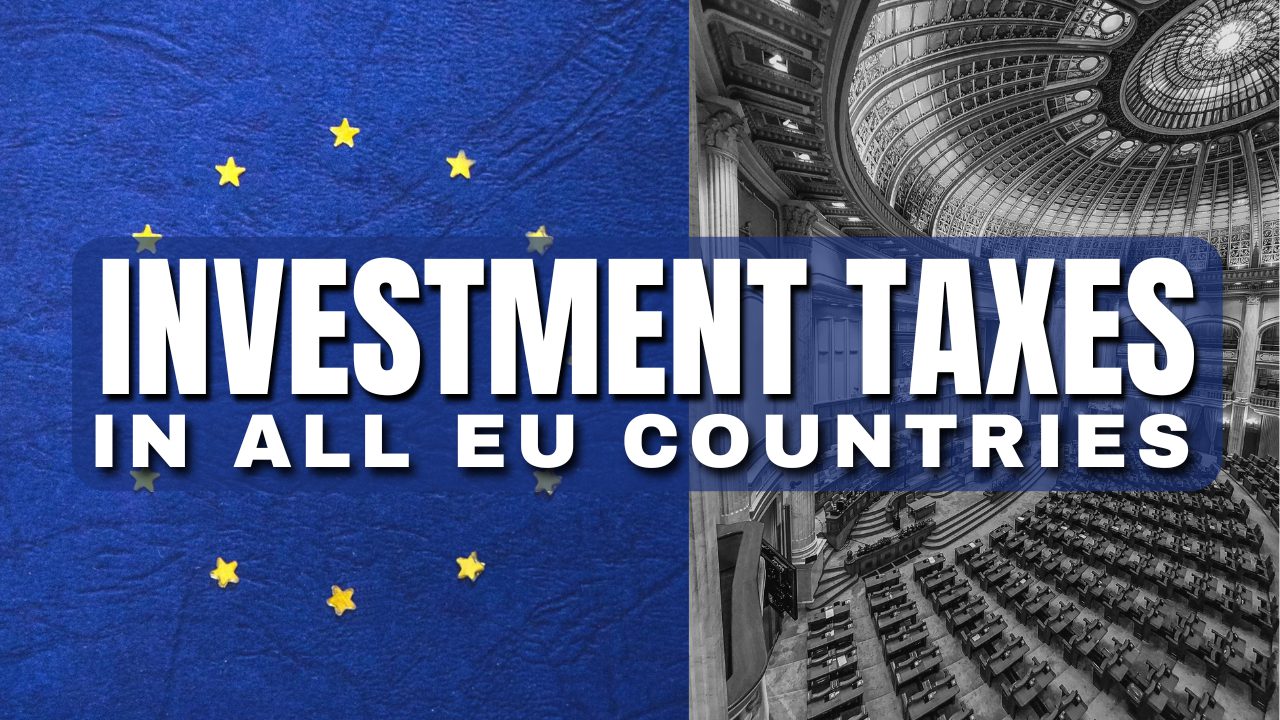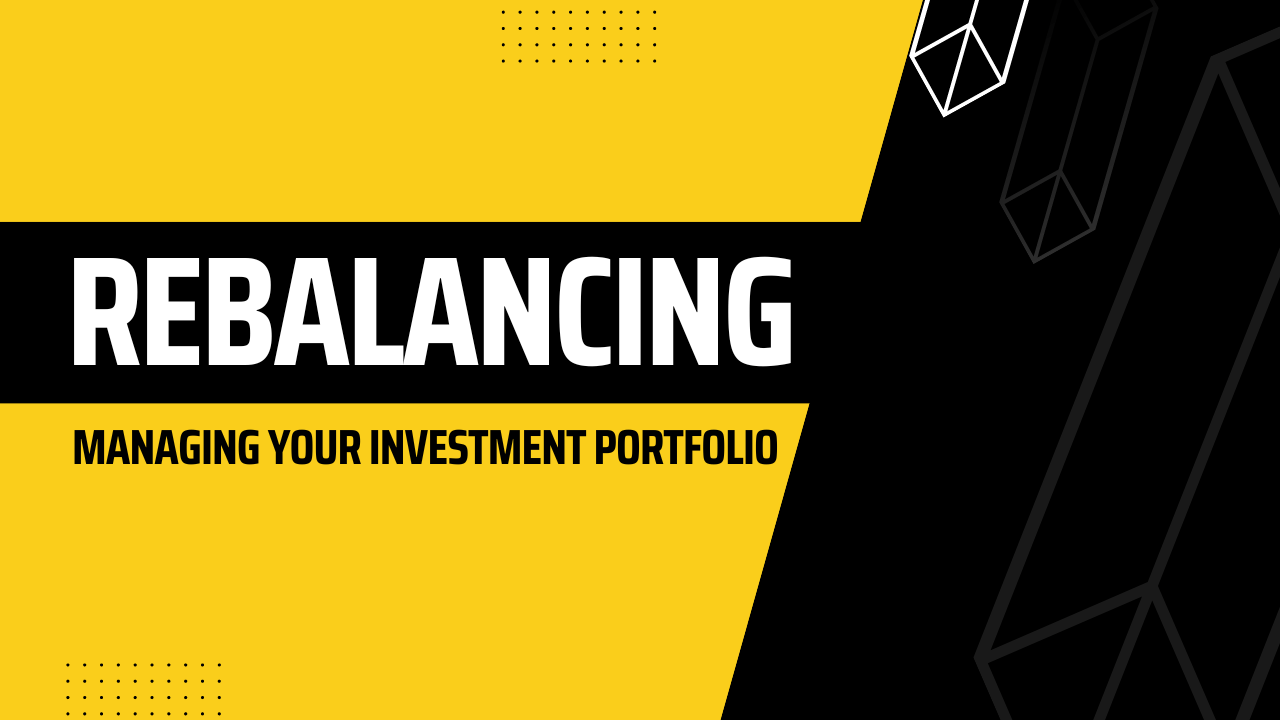Category: Stocks & ETFs
Investment Costs with Dutch Banks (Full Comparison)
Investing through the Dutch banks is quite popular with investors from the Netherlands. This is mostly due to the ability for automatic periodic investments and tax optimization through the Northern Trust Funds. In this post, I’ll compare the costs of “the Big 3” Dutch banks: ING Bank, ABN Amro, and Rabobank. Assumptions: the Type of Investor …
Inflation Explained
I’ll start with a story from 2014. A friend from Macedonia started an interesting discussion – how much money a person would need to stop relying on a salary: “In our country”, he said, “you can live comfortably on €400 per month, which is less than €5k per year. Multiply that by 40 (years), and …
Opportunity Cost With a Twist
Opportunity Cost is the cost associated with foregone opportunities. Most of the time when we make a decision, we pick one of multiple mutually exclusive options. Although people usually consider the risks and returns of the chosen option, many tend to neglect the potential rewards of the alternatives. And it makes sense, as a person is …
5 Steps to Overcome Investing Fear
You’ll never self-actualize if you allow fear to subdue you into paralyzing risk-aversion. This post won’t necessarily show you where to start, but it will clearly show you why you’re in the position you’re in. Follow the 5 levels below and figure out the decisive factor that prevents you to employ your past productivity (i.e. …
VTSAX in Europe?
If you’re an aspiring investor from the EU, you most probably researched whether you can buy $VTSAX in Europe. And I can see why – the fund contains over 4000 companies from all market caps for the incredibly low expense ratio of just 0.04%. Since it’s the go-to approach for many passive investors from the …
Recession Predictions vs Economists & the Media
“Economists predicted 9 of the last 4 recessions.” People often get obsessed with predictions and live in continuous fear of a market collapse. This is my attempt to convince you that uncertainty is normal. As someone that strategically invests since 2017, I know how to filter out the noise and sleep comfortably with a 7 …
Northern Trust Funds vs ETFs: Full Comparison
The Northern Trust index funds are quite popular with Dutch investors. Due to their low costs, tax optimization, and availability at the local banks, many investors from the Netherlands prefer the Northern Trust (NT) funds over ETFs. In this post, I’ll compare the total cost of a portfolio of NT funds with the alternatives. Northern …
Market Order vs Limit Order – Placing Orders Tutorial
Understanding the terms “market order” and “limit order” becomes crucial once you’re ready to make trades. If you’re a beginner, making your first buy order might terrify you. We’ve all been there. But it’s much simpler than it looks. This post is a n00b-friendly introduction to executing a buy order. Different Types of Orders When you click …
Capital Gains Taxes in All EU Countries (for ETF Investors) (2024)
If you’re an index investor, you might want to compare the treatment of profits across various countries. Whether you plan to live off of your portfolio or simply want to optimize while accumulating, understanding the tax framework is of utmost importance. In this post, I’ll do a detailed breakdown of how UCITS ETFs are taxed …
Replicating VWCE – Optimize for Cost and Performance
VWCE won the hearts of many European investors and became the go-to ETF for a one-fund portfolio. I can see the appeal of that. You buy a single ETF and you’re done – no need to rebalance, no need to worry about asset allocation, etc. However, there is another parameter that many investors seem to ignore: the …
Investing Expenses – Full Breakdown
Investing is associated with various types of expenses. Your goal as an investor is to keep these as low as possible. Below are a few examples of expenses you’d face as a stock market investor: TER (Total Expense Ratio) Entry and exit fees Broker/bank fees Transaction fees FX conversion costs Taxes Not all of these …
Dividend Leakage – Understanding the Hidden Cost
Dividend leakage is an expense that many investors accrue without even knowing. It’s a hidden cost related to investing in international ETFs/funds that’s not reported in their factsheet or prospectus. In this post, I’ll explain what is dividend leakage and how to calculate it yourself. I generally recommend against dividend investing, but if you’re already living off …
Investment Taxes in ALL EU Countries (2024)
It’s here, ladies and gentlemen! After many hours of research, I compiled a list of all taxes relevant to European investors. For each EU, EEA, and EFTA country, I’m covering the following: Capital Gains Tax Rate Dividend Tax Rate Wealth Tax Rates Exit Taxes Note: this post is for individual investors. Not for workers or entrepreneurs. If …
Rebalancing – Managing Your Investment Portfolio
Rebalancing means redistributing your wealth across different investments, in order to match your target allocation. Understanding asset allocation is crucial in order to understand the need for rebalancing. So if you still haven’t, make sure to read this post: Asset Allocation. Rebalancing Explained Rebalancing usually happens on frequent intervals or when the target asset allocation drastically …
Core Stock Portfolio for EU Investors (ETF Selection & Tips)
If you’re investing from Europe, you most probably spent a lot of time researching ETFs and determining your asset allocation. And given the plethora of investment strategies and products you can choose from, it’s easy to get overwhelmed, especially as a beginner. In this post, I’ll cover how a European investor’s core portfolio might look …

